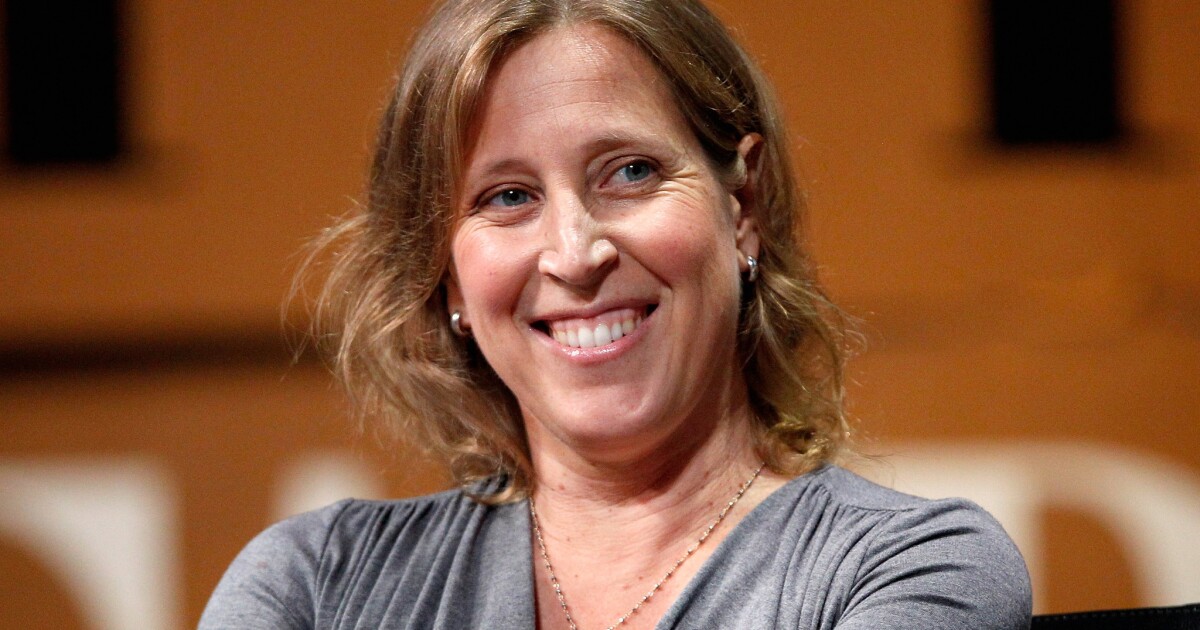Jungle Explorer
I Love YTtalk

Susan Wojcicki is pushing to make YouTube responsible. PewDiePie is not pleased
YouTube CEO Susan Wojcicki spent the year trying to traverse an almost impossible tightrope.www.google.com
What a total waste of time. The writer is an idiot journalist.


